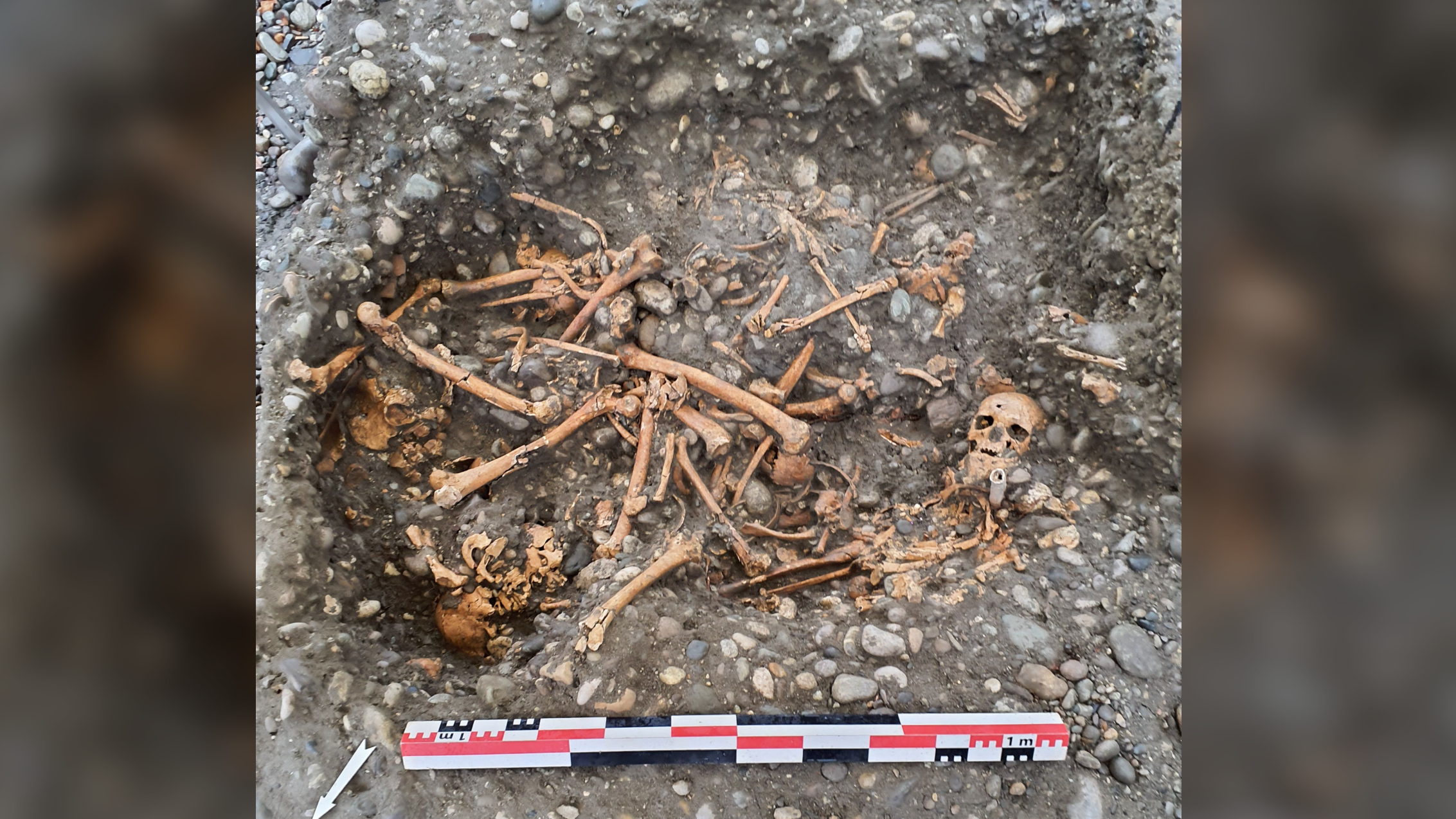Co-ops Bring Internet to Rural U.S. Towns
Which U.S. city offers all its residents an internet connection 100 times faster than cable and 500 times faster than DSL? The answer is Chattanooga, a city of about 170,000 in southeastern Tennessee. Because companies charge remote towns more for internet access than they do big cities, some American cities are building their own networks, Slate's Future Tense reports.
Besides Chattanooga, other successes include a 10,000-square-mile area in North Dakota that has better connectivity than nearby Minneapolis-St. Paul and Bristol, Va.'s ability to offer increased speeds at a steady price since 2003. The cities Slate covers use a variety of tactics, including city-owned networks and co-ops.
These community networks are an important part of bringing better internet access to all of the U.S., Slate argues. The online magazine draws parallels between the current situation and the coops that helped bring electricity to rural America during the 1930s. The U.S. has slower download speeds than 27 other countries, according to a 2009 report.
Yet cable and DSL companies are lobbying to restrict cities' ability to build their own networks, Slate points out, while arguing that legislation about the networks should remain free.
Source: Slate
Thi story was provided by InnovationNewsDaily, a sister site to LiveScience. Follow InnovationNewsDaily on Twitter @News_Innovation, or on Facebook.
Get the world’s most fascinating discoveries delivered straight to your inbox.



